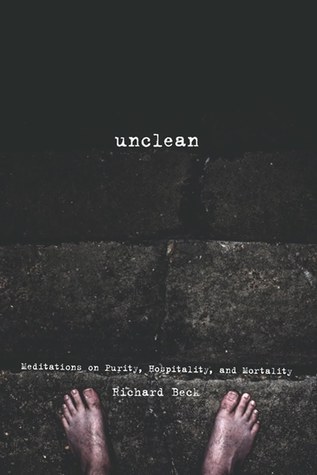In short, when we think about groups—white vs. black, gay vs. straight, Christian vs. Muslim, rich vs. the poor—our natural instinct is to find some essential property that separates the groups, a quality that one group has that the other lacks. For example, one often hears in discussions about the welfare state that the poor might lack the “discipline” or “moral character” that characterizes productive citizens. We can see in this how essentialist reasoning is shaping how group differences are understood, and not helpfully
Welcome back. Just a moment while we sign you in to your Goodreads account.


